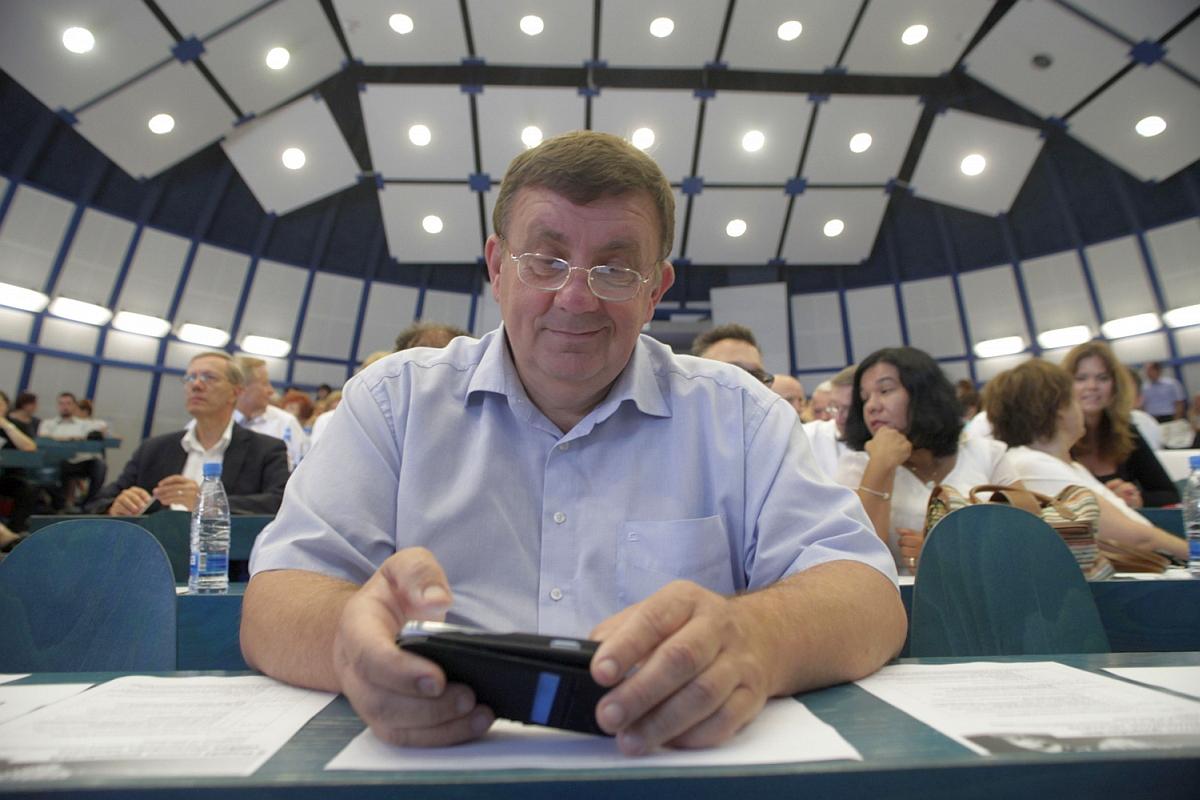
Basket A (2.1 billion euros) would be funded by the public health insurer ZZZS. The money would go towards funding hospitals, specialist medical practice activities, emergency rooms, medico-social establishments, palliative care and hospices. It would also cover health care services for those younger than 19 and older than 65 as well as unemployed people.
Private insurers currently net 400 million euros, but the Faculty of Economics estimates that Basket B could net 500 million. This money would pay for basic health care, pharmaceuticals and medical devices, health resorts, treatment abroad, and part of hospital and specialist medical practice activities. As a result, health insurance premiums could rise by 25 percent to 34 euros, but the state could make the increase tax deductible.
Maks Tajnikar, one of the authors of the study, said that Slovenians will have to spend more than 8 percent of the country’s GDP on health care if they want better health care, as health care expenditure in Austria is 11 percent of national GDP – and a whopping 19 percent in the US.
ZZZS head Samo Fakin stressed that the main flaw in the current system is the fact that the ZZZS cannot negotiate 60 percent of its costs. The institution can only negotiate the prices of drugs – a total of 500 million euros. The rest is in the hands of politicians.
Andrej Čebokli; translated by D. V.

































































